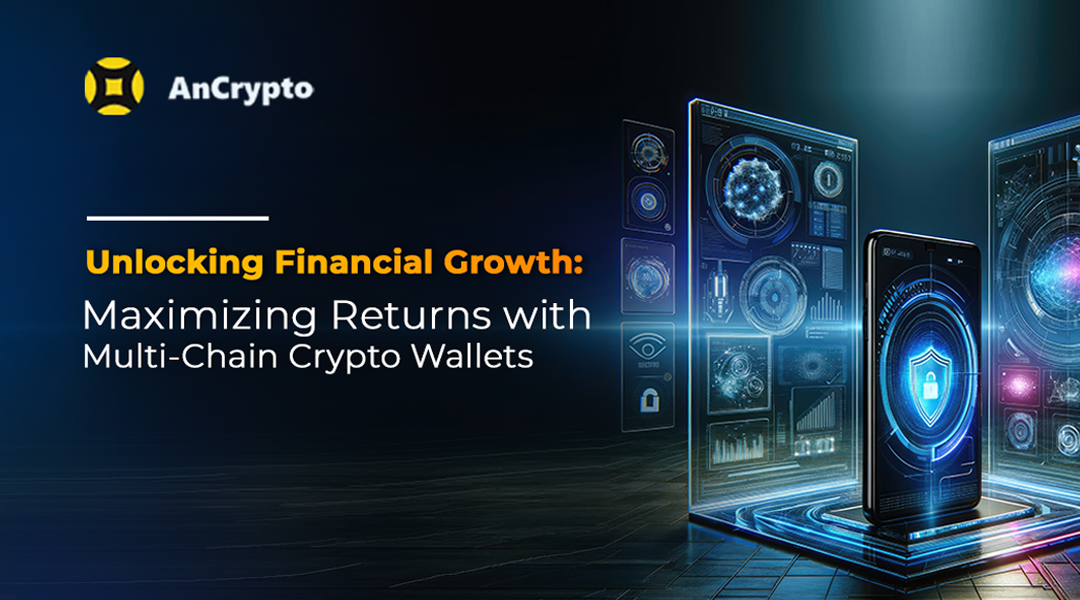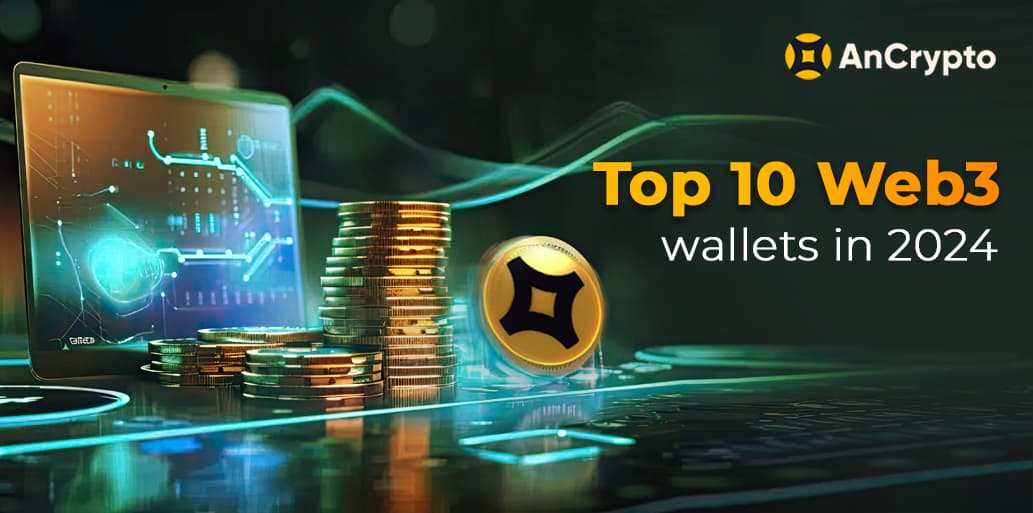Ensuring the security of our valuable crypto holdings must be topmost priority. While doing so, it is crucial to recognize that the focus should not be solely on prominent cryptocurrencies or fungible tokens, NFTs are equally susceptible to online threats and malicious attacks. However, maintaining the security of NFts can be complicated, especially for those new to the field- this is where the Crypto wallet for NFTs comes into the picture.
Crypto wallets are used to store and manage digital assets ( fungible and non-fungible tokens) securely on the Blockchain network.
But, protecting your NFTs is more than setting up a crypto wallet and calling it a win!
The best crypto wallets are self-custodial, which means no third party can control it. While a person can have peace of mind knowing their assets are not in control of anyone, it also brings a responsibility of keeping them safe.
To help you upgrade the security of your Crypto NFT wallet, we have shortlisted the best security practices for your digital hygiene.
What Are The Potential Threats To NFT Wallets?
Cryptocurrency is still in a growing stage, making it a fascinating world for hackers to explore and corrupt. Although blockchain transactions are secure assuring users that their funds remain safe, it does not mean they can never be the target of attackers. After all, for an expert, finding a bug in code is not a big deal.

In most cases, the potential threat to the assets is the user itself. The security of your NFT crypto wallet does not depend upon its highly encrypted code but also on the one using it.
Here are certain things you need to question yourself every time you use the NFT wallet:
- Is it safe to keep your wallet app open while not using it?
- Are all random website selling or purchasing NFTs safe to browse?
- Sharing wallet passwords with close friends or family members is normal?
Once you have the answer to these questions, the next thing you need to do is keep an eye on NFT scams, fake marketplaces, Identity thefts, and phishing attacks that may compromise your precious collection.
Protect Your NFT Wallet: Must-Follow Security Practices
- Set Strong Password
- Access Reliable NFT Marketplaces
- Backup Your Seed Phrase & Password
- Enable Multi-Factor Authentication
- Regular Software Updates
- Be Cautious With Random Links
- Do Not Forget To Log Out
- Never Share Your Seedphrase and Password
It is important to set a strong password for the crypto wallet which is a combination of Alphanumeric keys and special symbols. Hackers often use “Brute Force Attacks” to crack passwords, therefore, the complexity of your password decides its resilience against the attack. Make it a habit – Routinely change your password for better protection.
While selling/purchasing NFTs, only access reliable and trustworthy marketplaces. This helps you to avoid trading in malicious NFT platforms. Look for the security protocols implemented by the NFT marketplace before doing any transaction.
There is no luxury of “forget password/seed phrase” in crypto wallets, thus you must keep a backup for both. The non-custodial wallets never store your personal information, private keys, or password details. So, if you do not have the password and seed phrase of your NFT crypto wallet, you might lose access to it.
Do not create backups on the internet, always use physical sources like paper, or hard drive for creating the backup and keep it in a safe location.
Having a multi-factor authentication (MFA) for your crypto wallet can add an extra layer of protection. This authentication method involves multiple steps for validating knowledge or possession of NFTs before accessing an account. A common example of daily MFA use is inputting both a PIN and password while logging into an account.
Frequent updates are essential for your wallet software. This practice not only enhances performance but also addresses security vulnerabilities. If are not installing the regular updates, you are increasing the chances of vulnerabilities in your app. Turn on the settings for automatically installing the critical updates.
Phishing scams are commonly used by intruders to target NFT wallets. Engaging with a malicious link and unknowingly authorizing a transaction via your wallet can result in the loss of all NFTs. These deceptive links often appear in emails, social media messages, Discord servers, and counterfeit websites. Be careful what you access on the internet while using the crypto wallet. Verify the credibility of links on third-party websites and double-check the legitimacy because scammers often use look-alike domains.
Despite the purpose of connecting your wallet to a website, disconnect it after completing the task. Failing to do so can expose your wallet to risks, particularly if the website becomes compromised. Logging out is essential after disconnecting from all sites.
Your seed phrase and Private keys give you access to your wallet and control of the assets. If someone has your seed phrase, they can access your wallet and leave you bankrupt. Moreover, you can not update the seed phrase, if it gets compromised, you’ll lose everything. So, never share them with anyone.

AnCrypto: Simplifying NFT Management
AnCrypto is an encrypted, self-custody wallet that offers secure asset management. AnCrypto, a multichain platform designed to simplify self-custody, provide features like “NFT Portfolio” using which users can securely manage and share their NFTs with anyone.
Download AnCrypto and Embark on Your Self-Custody Journey Today.





